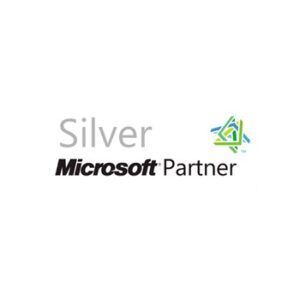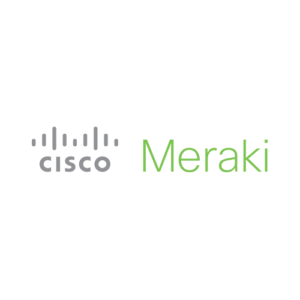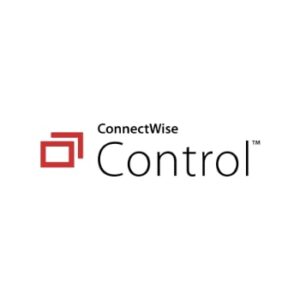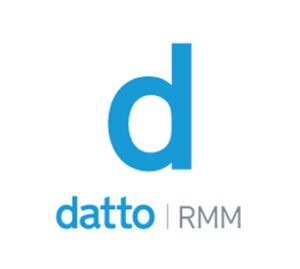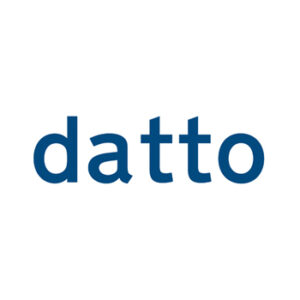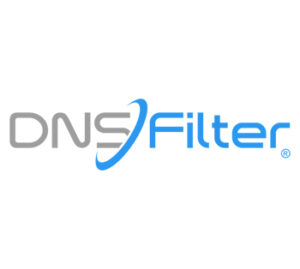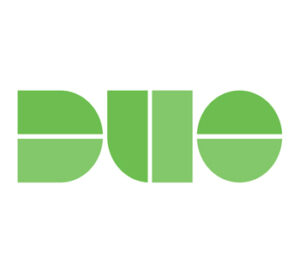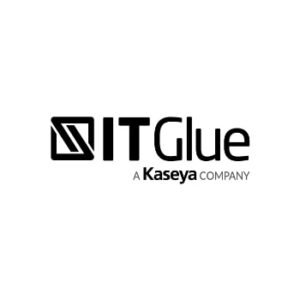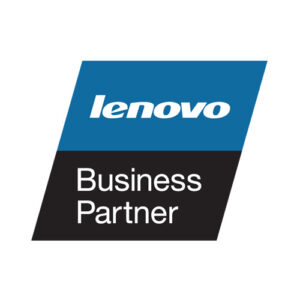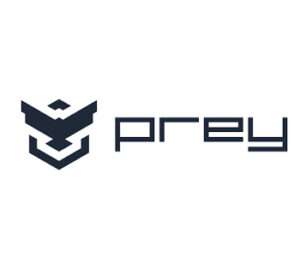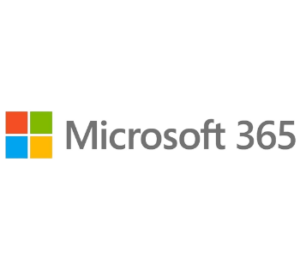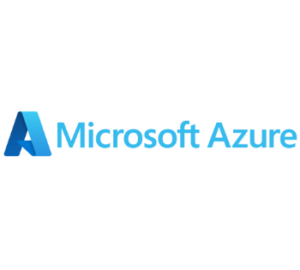Frameworks & Certification
Build Cybersecurity into the fabric of your business with Centarus
Structure your Cybersecurity strategy with Frameworks and Certifications
Cybersecurity is a complex undertaking. There are many moving parts and variables, lots of risks and opportunities to balance, and an increasingly complex mesh of data protection regulations to navigate. So how do you acheive clarity among the chaos, and build a comprehensive cybersecurity strategy that covers all bases and fulfils every requirement?
Cybersecurity frameworks provide structured guidance, best practices and standards that organizations can follow to safeguard their digital assets and manage cyber risks. Centarus can help you implement – and where applicable, gain certification against – leading security frameworks and accreditation schemes. Our simple, 4-stage process illustrates what’s involved:
Information Security Gap Analysis
Our information security gap analysis compares your current posture against the standards set by your chosen framework. This exercise identifies where you're doing well and where there's room for improvement, so that resources can be allocated to maximum effect.
Certification Roadmap
Once we understand the lie of the land, we can prescribe a range of improvement actions to help you achieve your goal. If wholesale changes are required, we can work with you to develop a phased implementation strategy that avoids operational impact and works within budgetary constraints.
Project Implementation
Our engineers and technicians have the depth of skills and experience necessary for any cybersecurity project. Plus, our partnerships with leading vendors - including datto, connectwise, and Huntress - ensures you benefit from solutions that are at the forefront of cybersecurity technology.
Ongoing Support and Guidance
Some certifiable standards - such as ISO 27001 with it's ongoing "surveillance audits" - require organizations to submit to regular reassessment in order to maintain accreditation. Through ongoing support, monitoring and guidance, Centarus will remain by your side throughout your certification journey, ensuring you maintain the standards required as your business evolves
Ready to take your business’s cybersecurity to the next level?
Structured Cybersecurity and information governance with centarus
ISO 27001
Often considered the international gold standard of information security management, ISO 27001 empowers organizations to manage data risks effectively and embark of a programme of continuous cybersecurity posture enhancement. ISO 27001 accreditation opens doors and inspires confidence in a way few cybersecurity accreditations can.
The NIST Cybersecurity Framework
An internationally-revered cybersecurity framework, NIST provides robust, adaptable cybersecurity guidelines that can be leveraged by organizations of all sizes and natures. NIST forms the basis of numerous information security regulations, including the Federal Information Security Modernization Act (FISMA).
Service Organization Control 2 (SOC 2)
SOC 2 provides a structured format for evaluating the security, privacy, integrity and availability of an organization's data processing activities. Relevant across a range of sectors where information security and privacy is critical, SOC 2 compliance demonstrates the efficacy and rigour of information governance controls and security structures.
CIS Controls
Developed by the Center for Internet Security, the CIS Controls are a set of foundational cybersecurity best practices and guidelines, used by organizations around the world to enhance their security posture. The CIS controls create a solid foundation for working towards compliance with prominent data protection regulations, including HIPAA, GDPR and PCI DSS.
FISMA (Federal Information Security Management Act)
FISMA is a federal law that requires federal government agencies to adhere to strict guidelines when managing and securing federal information systems. Compliance with FISMA is often a requirement for businesses wishing to bid for government contracts that involve the interacting with federal government information systems.
PCI DSS
The payment card industry data security standard is a set of security standards and practices developed by leading payment card providers. These require organizations that process, store or transmit payment card data to take steps to protect sensitive cardholder information. While not officially a legal requirement, PCI DSS compliance is effectively mandatory for organizations that wish to process card payments, with compliance verified through periodic audits and assessments.
Build trust, access new opportunities, fortify your reputation
Information security standards provide structured, systemized frameworks that help organizations evaluate, strengthen and continuously improve their cybersecurity postures.
Regardless of whether you pursue certification, implementing any of these standards will provide a range of benefits for your business:
New Growth Opportunities
Stand Out from the Crowd
Allocate Resources Efficiently
Achieve Regulatory Compliance
YOU CAN’T TRUST EVERY IT PROVIDER
But you can trust one that’s partnered with industry leaders

